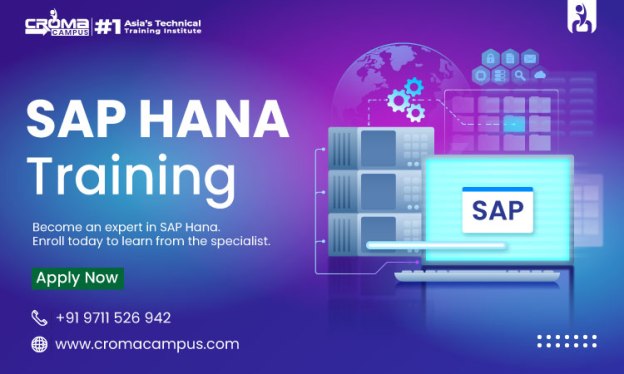The local multipurpose community centre is holding a job fair this weekend to assist those seeking employment. The Java language, developed by Sun Microsystems in the mid-1990s, has weathered the test of time because of two key reasons: its incredible reliability and its independence from the platform, and there are so many tools that are available as well.
If you are a programmer who wants to learn or a professional who wants to be more competent, you should understand Java programming first.
In this blog we’ll be breaking down what makes Java Online Course unique, its main strengths and why it has continued to be a cornerstone in the programming world until the current day.
What is Java?
Java is a high-level, object-oriented programming language whose aim is to have as few implementation dependencies as possible. The WORA (write once, run anywhere) capability is Java’s well-known feature. Accordingly, code written in Java can be run on different platforms instead of requiring a recompile for each platform.
Key Features of Java
1. Platform Independence: Java becomes platform independent by getting the virtual machine to be on Blazor. Java code gets compiled into bytecodes which are then executed by JVMs that exist across all the platforms. Java apps are thus able to run on any device that supports a suitable JVM.
2. Object-Oriented: Java is based on the OOP approach so that objects, code reuse and design patterns are supported. Basic Java concepts of inheritance, polymorphism, encapsulation, and abstraction are what you need to understand OOP.
3. Robust and Secure: Java has implemented strong memory management, exception handling and type-checking features among others, which helps them to build up reliability in the applications.
4. Multithreading: Languages of Java, which can execute two or more threads together are called multithreading. This is applicable, especially in constructing applications that involve interaction, advanced operations as well as performing huge amounts of calculations without compromising on performance.
5. Rich API: Java comes with a massive library, the key role of which is to save time on implementing the data structure and algorithm, network and graphical user interface (GUI) programming.
Why Java Remains Trending?
Although having been around for about three decades now, Java remains the king of the hill so-to-speak and is very popularly used. Here are some reasons why Java Online Course remains a top choice for developers and enterprises:
- Versatility and Wide Usage
Java is versatile and can be used to develop a wide range of applications: Java is versatile and can be used to develop a wide range of applications:
- Web Applications: Java, in combination with frameworks of Spring and Hibernate, turns out as a number one assignment for the design of web applications.
- Mobile Applications: Android, the operating system with the widest usage accounting to sixty per cent of the demand, utilizes Java extensively.
- Enterprise Solutions: Unlike many programming languages, Java serves as the foundation of many large-scale enterprise systems, such as banks and e-commerce sites.
- Strong Community and Ecosystem
Java is one of the most famous and widespread languages that are currently being used, and the number of developers who are creating programs in this language is big.
- Regular Updates and Backward Compatibility
One of Java’s significant advantages is its backward compatibility, which allows older applications to run on newer versions without major rewrites. This stability and reliability make Java a safe bet for long-term projects.
- Learning and Career Opportunities
Learning Java can open doors to careers in web development, mobile development, data science, and enterprise solutions.
Conclusion
Whether you are an entry-level programmer journeying the ever-changing ecosystem of the programming world or you are a developer with many years of experience looking to add more skills to your treasure chest, Java offers numerous occasions to do so. Getting certified with institute courses like Java Training in Noida or any other tech city. Java is the way to go if you want to be screened off the wide berth of opportunities and be the builder of your career in the already growing tech market. So, what are you waiting for? Get started today.





